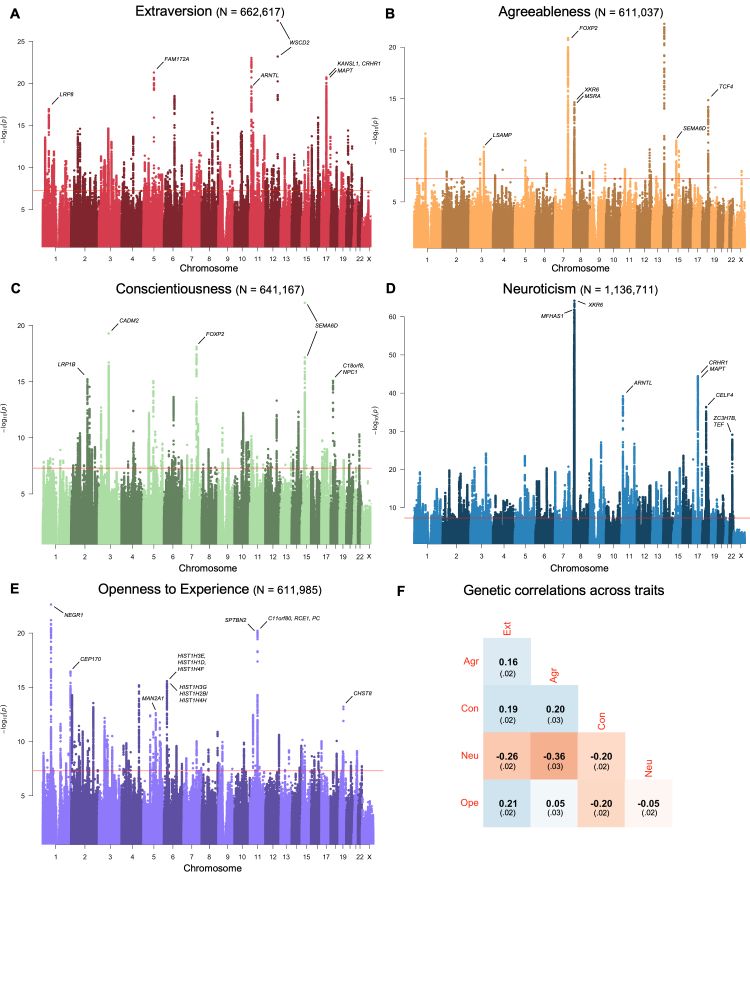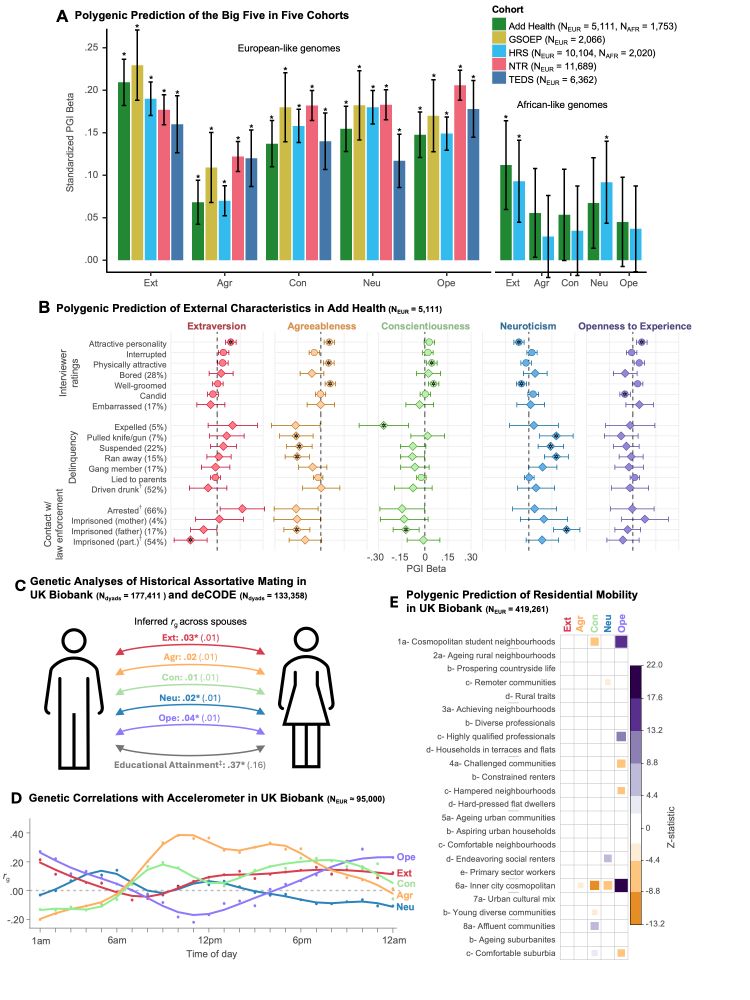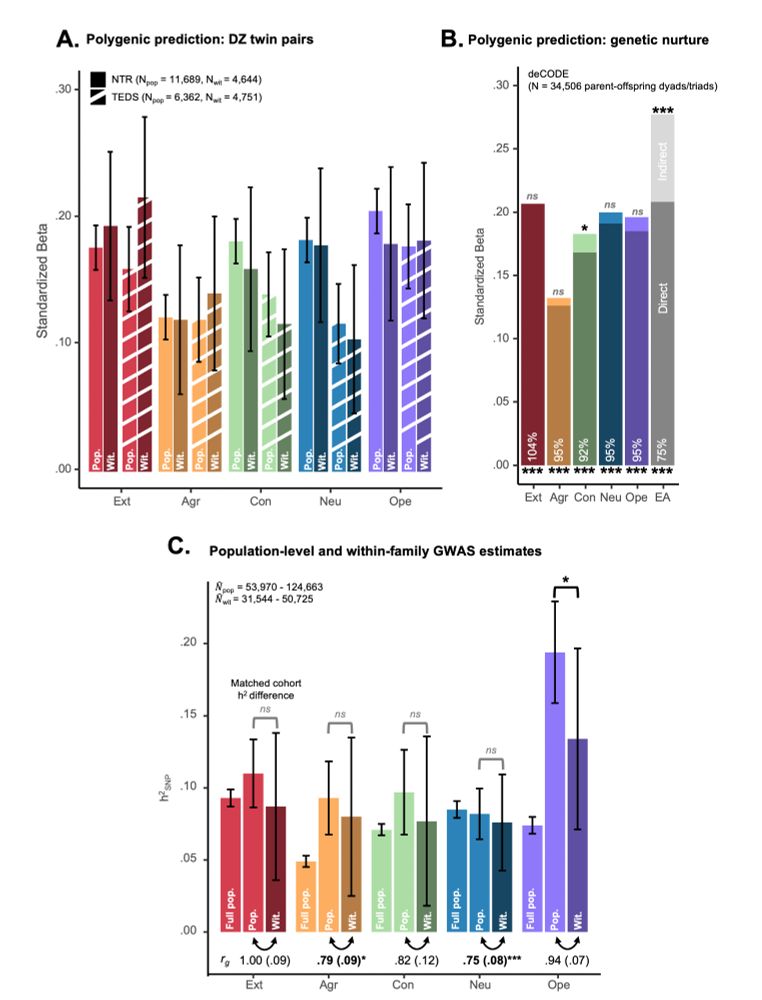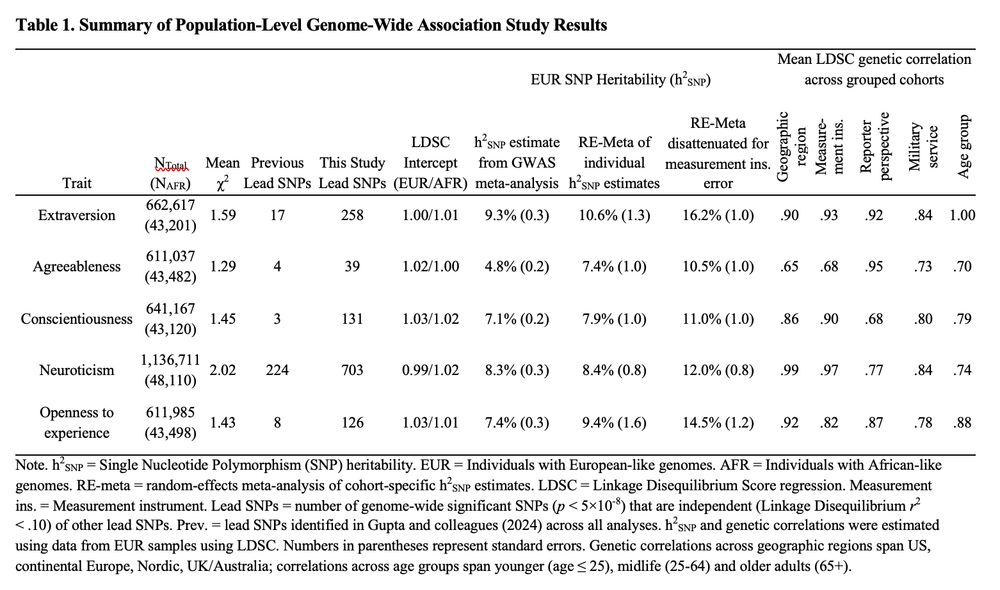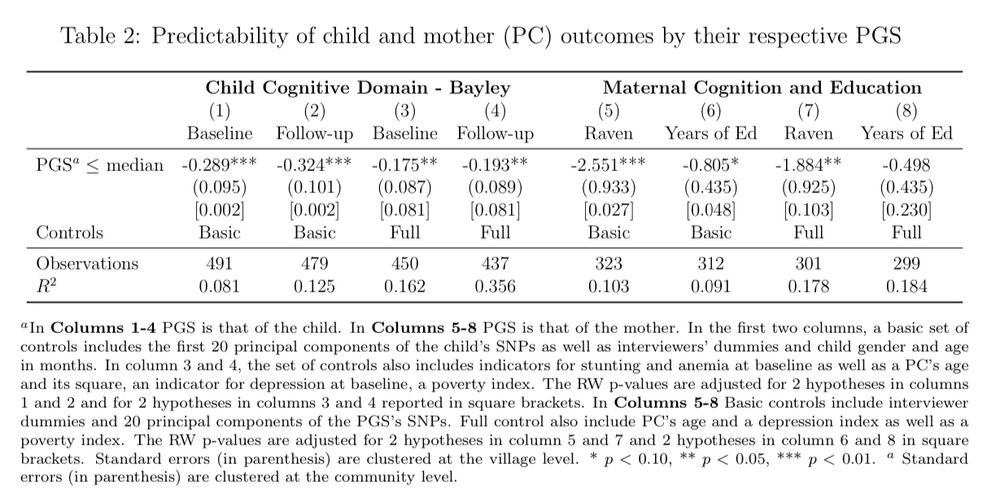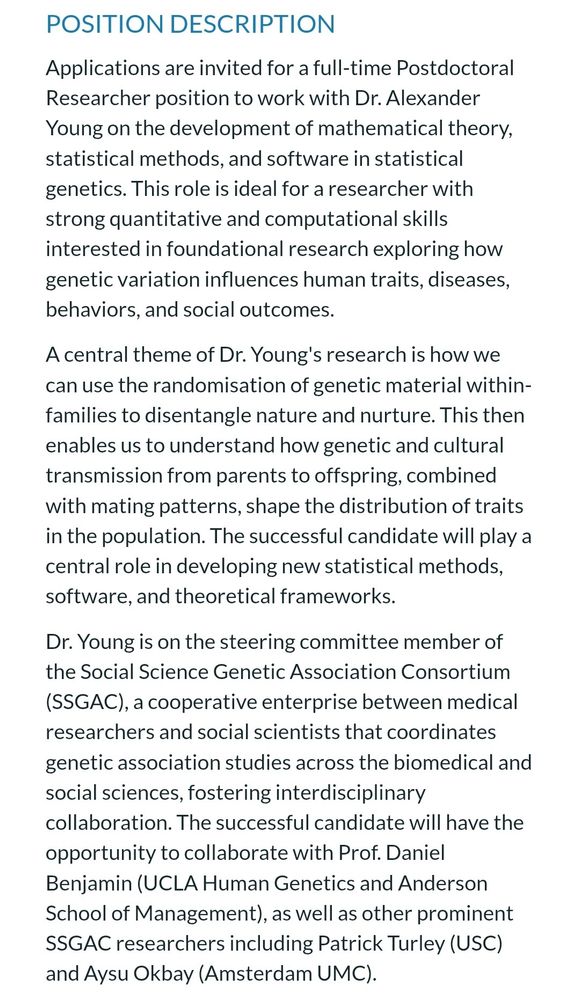Sjoerd van Alten
@sjoerdalten.bsky.social
350 followers
160 following
48 posts
Postdoctoral Fellow Economics at VU Amsterdam. Interested in education/health, and its intersection with behavioral genetics
Find out about my work: https://sites.google.com/view/sjoerd-van-alten
Posts
Media
Videos
Starter Packs
Reposted by Sjoerd van Alten
Sjoerd van Alten
@sjoerdalten.bsky.social
· Jun 17
Sjoerd van Alten
@sjoerdalten.bsky.social
· Jun 12
Reposted by Sjoerd van Alten
Sjoerd van Alten
@sjoerdalten.bsky.social
· May 22
Sjoerd van Alten
@sjoerdalten.bsky.social
· May 20
Sjoerd van Alten
@sjoerdalten.bsky.social
· May 18
Reposted by Sjoerd van Alten
Sjoerd van Alten
@sjoerdalten.bsky.social
· May 12
Reposted by Sjoerd van Alten
Sjoerd van Alten
@sjoerdalten.bsky.social
· Apr 16
Sjoerd van Alten
@sjoerdalten.bsky.social
· Apr 16


